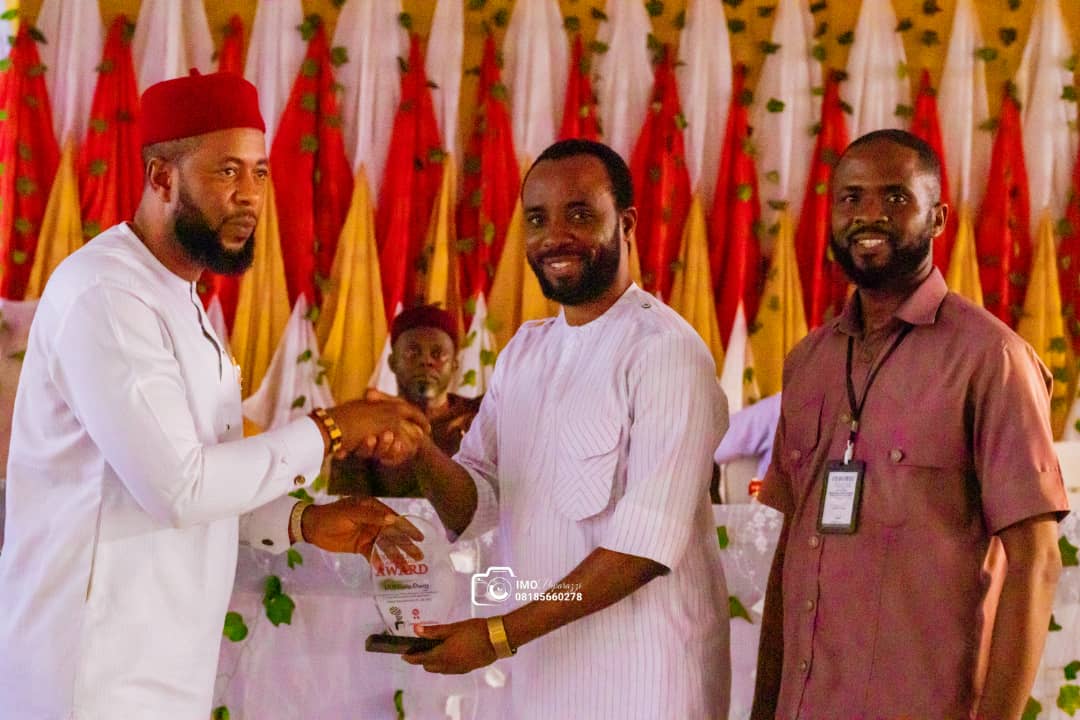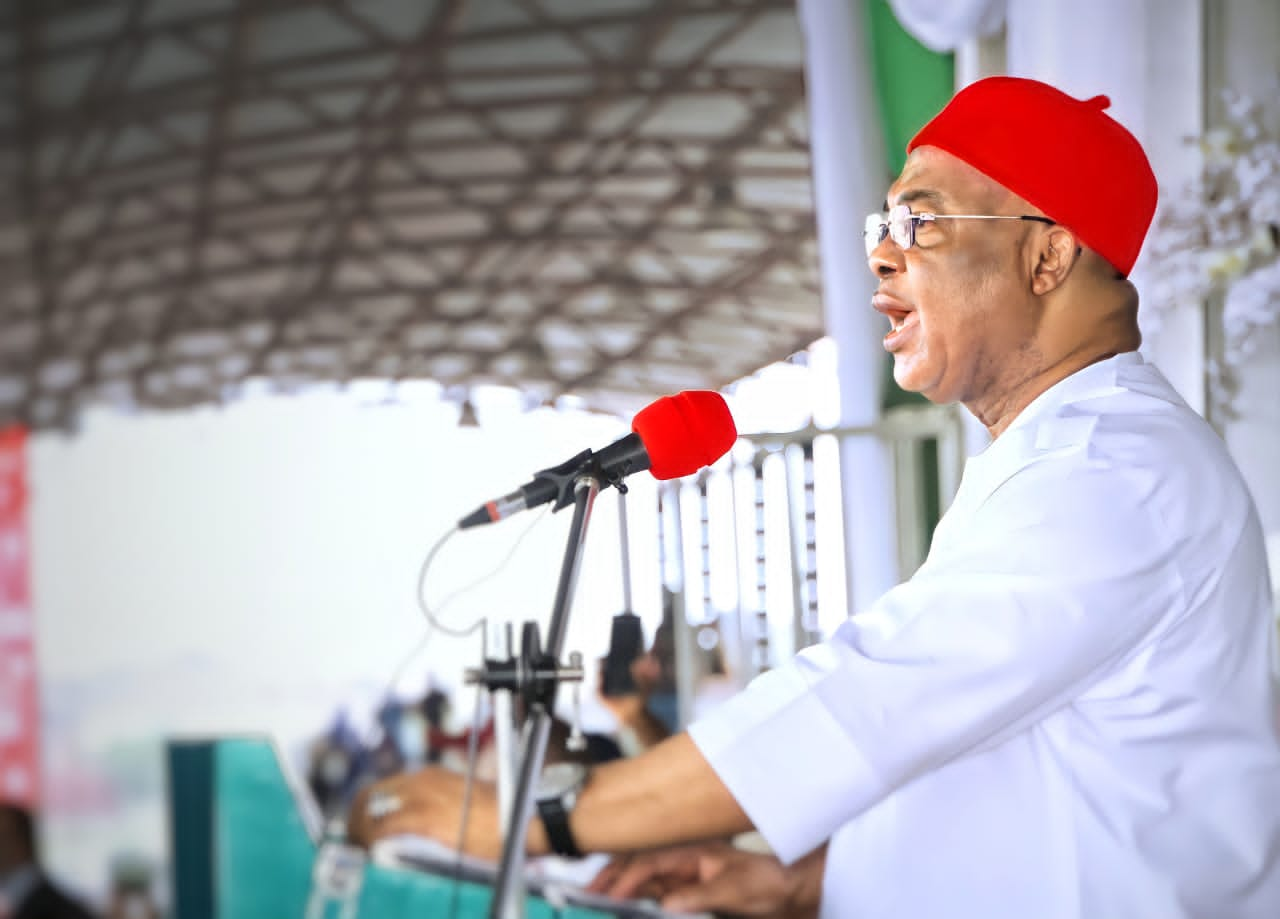The World Bank has committed a total of $7.93bn in the 2022 fiscal year, which was from July 2021 to June 2022, Saturday Punch has learnt.
Data obtained from the bank’s website showed that this was an increase of 74.67 per cent from the $4.54bn recorded in the 2021 fiscal year, which began in July 2020 and ended in June 2021.
According to the World Bank, commitments covered the total amount of loans for which contracts were signed in the year specified.
The data obtained ran from 2018 to 2022, covering both loans from the World Bank’s International Development Association and the International Bank for Reconstruction and Development.
Between 2018 and 2022, a total of $38.2bn was committed to Nigeria by the World Bank.
Within this period, the highest commitment of $10.45bn was in 2018.
In a recent Punch report, it was disclosed that rising debt pushed Nigeria up the World Bank’s top 10 International Development Association borrowers’ list.
The World Bank Fiscal Year 2021 audited financial statements, particularly the IDA financial statement, showed that Nigeria was rated fifth on the list with $11.7bn IDA debt stock as of June 30, 2021.
However, the World Bank Fiscal Year 2022 audited financial statements for IDA showed that Nigeria had moved to the fourth position on the list, with $13bn IDA debt stock as of June 30, 2022.
The top five countries on the list slightly reduced their IDA debt stock except Nigeria.
In a statement issued on Thursday by the World Bank, the global lender said it had approved the Nigeria State Action on Business Enabling Reforms Program-for-Results.
The $750 million IDA credit is expected to help Nigeria accelerate the implementation of critical actions that will improve the business enabling environment in states.
The World Bank Country Director for Nigeria, Shubham Chaudhuri, was quoted in the statement as saying, “Following the significant progress made by states on fiscal reforms through the State Fiscal Transparency, Accountability and Sustainability program, the SABER programme endeavours to offer similar support to the states to undertake critical business-enabling policy and institutional actions that will incentivize private sector development.
“Private sector investments remain the major vehicle to create more jobs, increase revenues to the states and improve social and economic outcomes for citizens.”
Earlier, the PUNCH had exclusively disclosed that states in Nigeria were to get the first tranche of the $750m World Bank loan from the SABER programme by December 2022.
It was reported that about $0.5m to $4m would be released to Nigerian states based on certain disbursement criteria.





